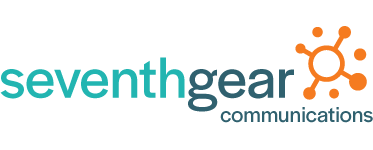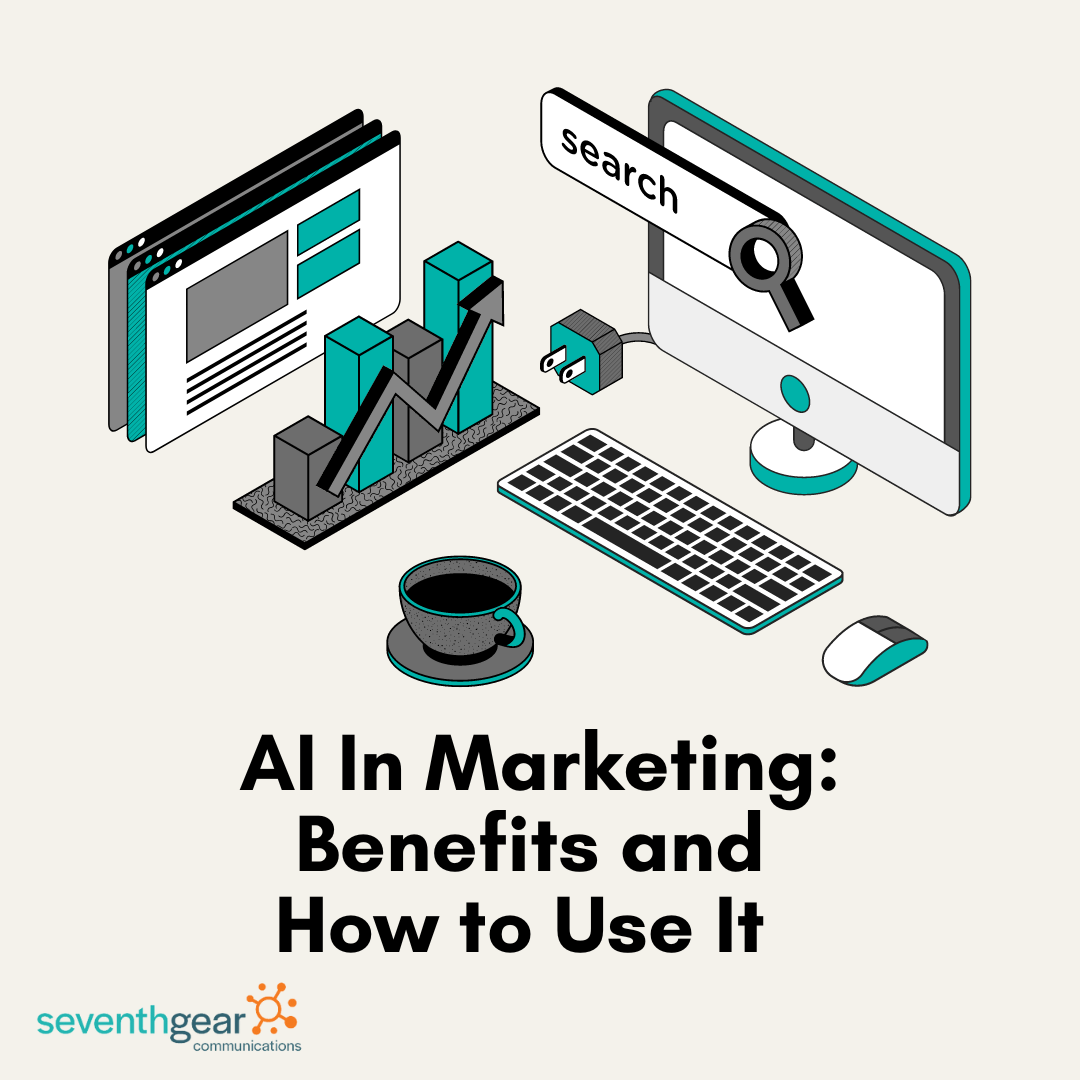AI, or artificial intelligence, is the imitation of human thought and intelligence by machines and computer systems. Its abilities can range from language processing to speech, and even vision.
AI operates through specialized hardware and software that feeds the bot large quantities of information. Then, the information is categorized and analyzed for patterns that allow the bot to make predictions about future conditions. AI is primarily focused on learning and consuming content, reasoning and forming thoughts, and self-correction.
So, how does this affect marketing? AI marketing tactics have seen increasing rates as advances have become more abundant. According to trueNorth, 80% of tech and business leaders have reported that AI technology has boosted productivity. AI marketing uses this technology for data analysis, observing current audiences and their habits, trend prediction, and automated decision-making.
AI can also interpret customer profiles and learn the most effective way to communicate with an organization’s audience base. Marketing teams can then take this information and formulate it to their organization’s liking, or AI technology can push out tailored marketing with little to no interference.
Benefits of AI Marketing
Real-Time Analytics
AI allows marketers to mine client information in real-time. This can also open the door to seeing trends that might be missed without AI technology. These insights show how different demographics interact with marketing content–telling marketers what is successful and what might not have stuck with their intended audience.
AI can also show what might trigger a consumer to part ways with a brand before completely losing their business. By identifying these behaviors or habits in real-time, marketers can tailor content and address specific consumer groups they wish to maintain; therefore strengthening consumer retention.
Personalization
According to Epsilon, 80% of consumers report that they are more likely to do business with a brand that provides a tailored experience. One-to-one personalization is hardly attainable in a large organization across a large consumer base. AI gives marketers the opportunity to mimic this kind of personalization into scalable pieces. This is often referred to as micro-segmentation. AI technology allows marketers to create content microsegments based on consumer data from across the organization, which is then turned over into personalized content for targeted demographics.
Future Prediction
AI uses machine learning to consume and analyze vast amounts of data. To achieve predictive analytics, AI can evaluate past marketing and digital campaigns and their success as a whole, as well as within their microsegments. This in combination with current consumer patterns and transactional data can be meshed together to give marketers predictive insights for personalization and future campaign ideas. This saves time, and funds, and can increase campaign ROI. 
How to Use AI Marketing
There are a variety of AI platforms companies are implementing into their marketing plans and campaigns. Before choosing which model is the right one for your marketing team and organization, consider these tips:
Address Data Privacy Settings
While AI is incredibly helpful to learn about a customer base, it is important to maintain privacy standards. Just because there is a potential to have an exceptionally personalized experience for consumers doesn’t mean it should cross the line of acceptable data use. Remember to establish standards with your organization and team before implementing AI.
Have a Plan to Maintain Data Quality
AI can only be as effective and accurate as the information it is given. As AI is used more often in your organization more effective and timely automated decisions can be made–this also means less human interference.
To keep effectiveness in check, marketing and data management teams should establish a process for data maintenance. Try to address these points as you formulate your standards:
- Accuracy
- Relevance
- Consistency
- Timeliness
- Audience representation
- Transparency
Data Sources and Talent
Marketing teams may want to consider third-party assistance for the operation of their AI technology as well as data sourcing. For the initial implementation of AI technology in your organization, third-party data science and AI experts may be helpful for any issues that may arise. Additionally, they can help the teams using the technology with any future maintenance or troubleshooting.
External factors can also affect buying habits or decisions that AI technology may be actively analyzing. Acquiring additional data like user location could also be a valuable asset.
AI marketing is a trend that is here to stay. To keep up with competitors, retain consumers, and streamline your marketing process, consider initiating AI technology into your marketing plans.
Comments are closed.

